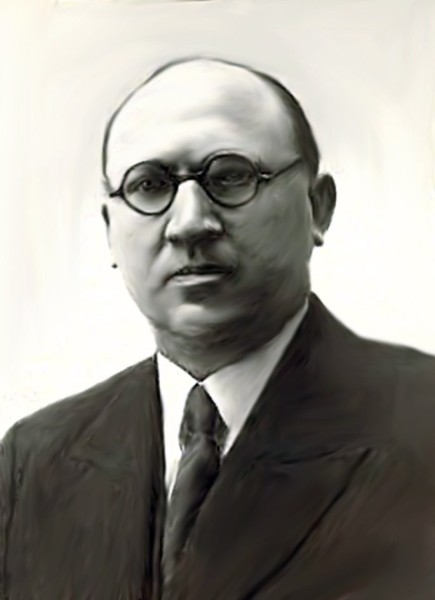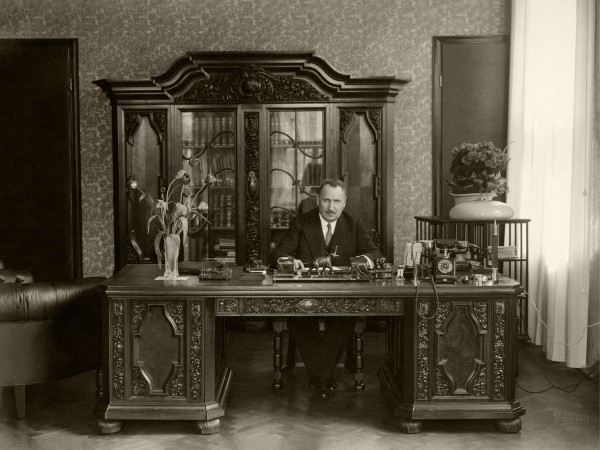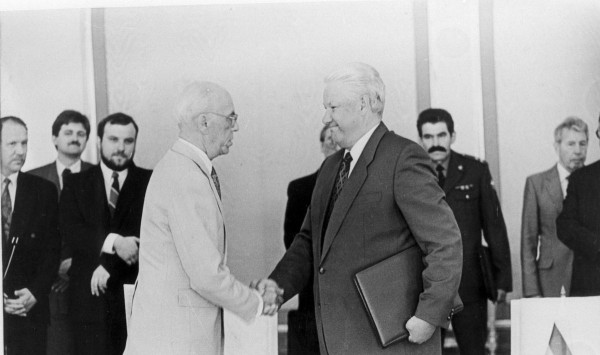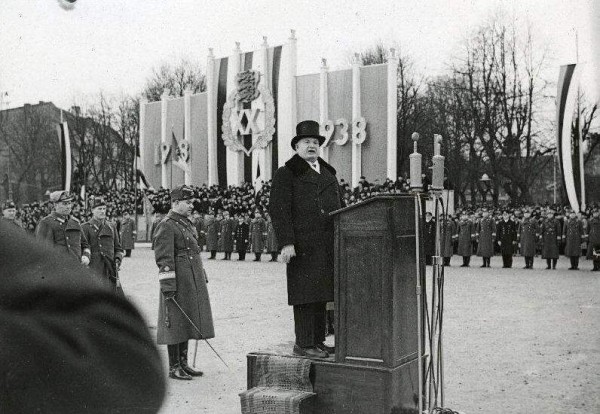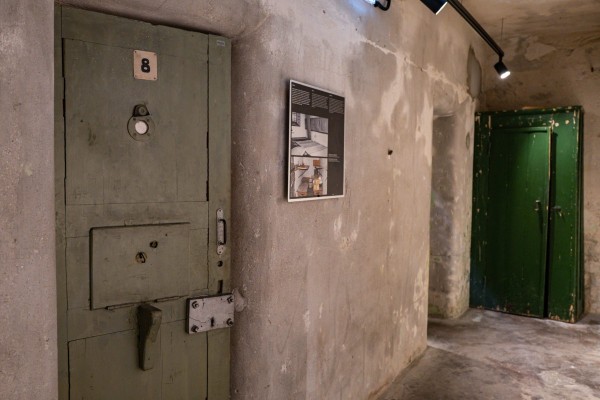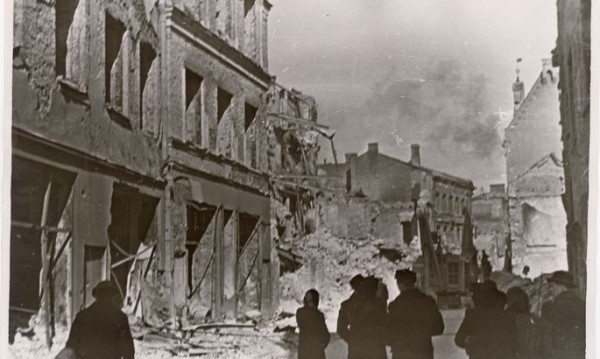Maris A. Mantenieks
Alljärgnev katke on läti teadlase Maris A. Mantenieks'i uurimistööst, mille ta kirjutas publikatsioonile: The Museum of Latvia Yearbook 2005.
The name of Franklin D. Roosevelt evokes memories of the Yalta Conference to Estonians, Latvians, Lithuanians and other Eastern Europeans. To them the Yalta Conference has become synonymous with the betrayal of their home countries and subsequent subjugation by a foreign tyrant. On the other hand, to most Americans, the name of President Roosevelt conjures up an image of a man whose virtues encompassed the highest standards of statesmanship and who helped to save the world from Nazi tyranny. This enormous divergence of perceptions demonstrates the need to examine the period of World War II in more detail. The role of the Baltic States played in Big Three diplomacy during World War II offers an opportunity to do so, because the topic has received limited attention from historians.
President Roosevelt’s wish to meet with Stalin was finally realized when he met him for the first time at Teheran on November, 28. 1943, after numerous failed attempts to arrange a meeting. With Roosevelt was Harry Hopkins, his personal emissary. No members of the State Department was present, except for Charles Bohlen, who served as the president’s interpreter. This is what the president preferred. He did not trust members of the State Department. According to the president’s judgment they were too rigid, too conservative. He always believed he could deal best with Stalin by himself.
On the last day of the Teheran Conference (December 1, 1943), the President requested to meet with Stalin by himself to talk about “internal American politics”. He explained to Stalin that there are six to seven million Americans of Polish extraction in the United States. Therefore, he hoped Marshall Stalin would undestand that for political reasons he could not participate in any decision in Teheran or even next year on this subject.
Advertisement / Reklaam
Advertisement / Reklaam
The President continued by saying there were a number of persons of Lithuanian, Latvian and Estonian origin in the United States. He fully realized the three Baltic Republics had, in history and more recently, been part of Russia and added jokingly that when the Soviet armies re-occupied these areas, he did not intend to go to war with the Soviet Union on this point. The President went on to say that the big issue in the United States, insofar as public opinion went, would be the point of referendum and the right of self-determination. He thought world opinion would want some expression of the will of the people, perhaps not immediately after their re-occupation by the Soviet forces, but some day, and he personally was confident the people would vote to join the Soviet Union...This conversation between Roosevelt and Stalin in Teheran sealed the fate of Eastern Poland and the Baltic States. The president acquiesced to Stalin’s wishes. The Baltic States and Eastern Poland became the precursors of the fate for the rest of Eastern Europe. Thus, the president betrayed the Baltic people in December, 1943, at Teheran and not at Yalta in 1945 as is commonly assumed. There was no de jure recognition formalized, which Stalin had so zealously sought for so long, but virtually a de facto recogntion was granted to Stalin nonetheless.
Põhjala tähistel Nr. 33 (2008) lk. 57
Vang vahi all sammus, ei kõnelda saand,
sünksõnatult silmitses isade maad.
Väed marssisid, laul kostis kasarmu ees,
kus võõras ja umbkeelne viimne kui mees.
/ Minni Nurme /






